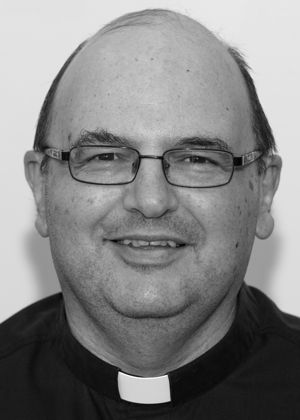32nd Sunday of the Year - B
Kings 17: 10-16; Psalm 145; Heb. 9: 24-28; Mark 12: 38-44
Read: Jesus was teaching in the temple saying: “Beware of the scribes who like to walk about in long robes, to be greeted respectfully in the market squares, to take the front seats in the synagogues and the places of honour at banquets; these are the men who devour the property of widows and, for show, offer long prayers. The more severe will be the sentence they will receive.” Jesus was close to the treasury, looking and seeing what money was being placed by people in the treasury. Many rich persons put in a great deal. A poor widow came up and placed a low- value coin.; that is about two cents. He called his disciples and said to them: “In truth I tell you, this poor widow has put in more than all who have contributed to the treasury. For they have all put in money they could spare, but she, in her poverty, has put in everything she possessed, all she had to live on.”
Reflect: In contrast with the scribes, who were persons who dominated society in Jesus’ time, the poor widow is a model of authentic religiosity. This woman, although she did not know Jesus, never heard his teaching, acted in an evangelical manner. Jesus used to say: “when you make an act of charity, do not blow trumpets in doing so, like those who are double-faced in the synagogues and in the streets, so as to draw praise from the people …… when you make an act of charity your left hand should not know what the right hand is doing, so that your almsgiving will remain a secret.” (Matthew 6: 1-4)
The widow is presented to us as a model of love, loving God with one’s whole heart, entire soul, entire mind and with all one’s strength, and with unconditional love towards one’s neighbour. An authentic disciple is not one who risks part of himself or of what he owns, but who offers all that he has and all his life as was done by the Lord. Perhaps we say: but that is a lack of good judgment. However, if we think more profoundly, we will realise that this is not so. These are persons who placed their hope more in God than in their own resources. They believed that God is greater than their own calculations.
Pray: Lord, filter my intentions, take from me every kind of pride, from every wish to be the subject of attention.
Act: Our only sound footing is to place our trust in God. God is concerned with those who are poor and weak in society and we should be in the forefront to help these.


